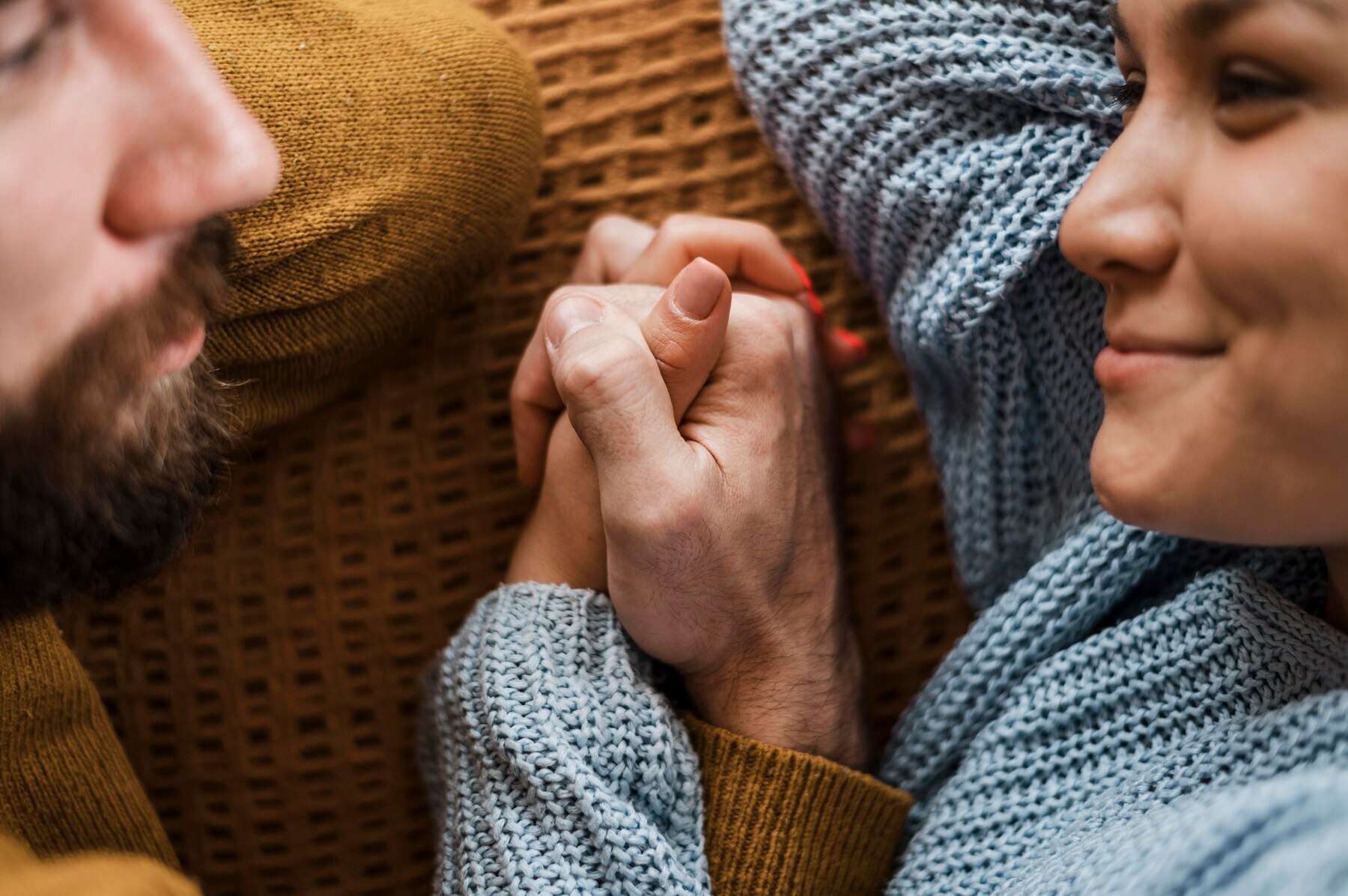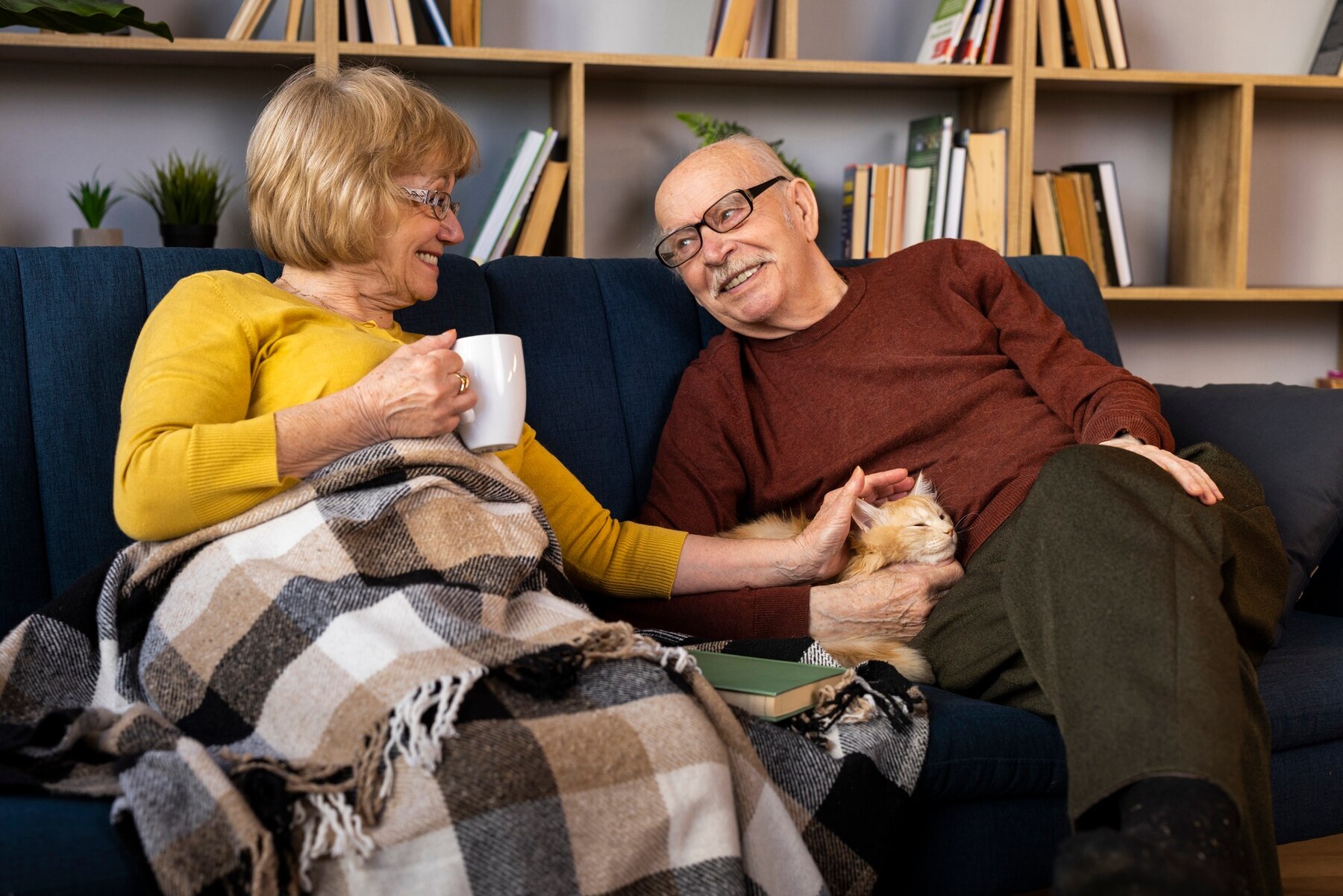caregivers
how can I help?When your partner, mother or daughter receives the diagnosis of granulosa cell tumor, it doesn’t just have a major impact on her life, but on yours as well. You may have all kinds of feelings and emotions, such as anger, frustration, sadness or fear. During the treatments you may not want to give in to these emotions. You’ll try to be strong for your loved one. That takes a lot of energy. Often a mental blow and fatigue appear after the treatments have finished. People may expect you to pick up where you left off, but that is often easier said than done. You’re bound to have many questions and you’ll look for information, but that is where it gets difficult straight away. Granulosa cell tumor is an extremely rare type of cancer. On average 15 to 20 women a year receive the diagnosis in the Netherlands. Worldwide, about 20,000 women a year get this form of cancer. That’s a lot of women and at the same time it’s very few. In the Netherlands alone almost 20,000 women are diagnosed with breast cancer every year. This puts into perspective just how rare granulosa cell tumour is. for the carersThe first treatment is always major abdominal surgery. It is a formidable procedure and your partner, mother or child will need support and care during their physical recovery and while processing the diagnosis. But the most important support comes afterwards. Once they’ve received the diagnosis, they will need check-ups for the rest of their life and around 50% will have a relapse at some point. That means living with constant uncertainty. To be able to live like that requires a great deal of resilience from the affected person, as well as from their loved ones. |  |
making choicesSome doctors revert to surgery when there is a recurrence, while others opt for systemic therapy, which means taking drugs or getting injections to slow or reduce tumour growth. These often have unpleasant side effects, but it’s simply not possible to undergo too many surgeries. Selecting a treatment option is difficult and it’s good to be able to consider the options calmly together. Take your time, granulosa cell tumor grows slowly and so in most cases there is no immediate rush. A second opinion can help clear up any doubts you may have. Remember that the decision needs to be made by the person who has the disease and not by you, even if you find it just as frightening or nerve-racking. More and more women in the USA, Germany, Spain and Denmark are being treated with pinpoint radiation. This appears to be a hopeful and less invasive option, which has now been offered to women a few times in the Netherlands as well, with good results. You can find more information about this in our knowledge base.
|  |
Who cares for the carer?
Below are links to other Dutch websites, where you can find information about what it means to be a carer:
• Which obstacles could you encounter?
• Are allowances available and how do they work?
• What happens if you can’t cope on your own or need a break to regain energy?
• Etc.
